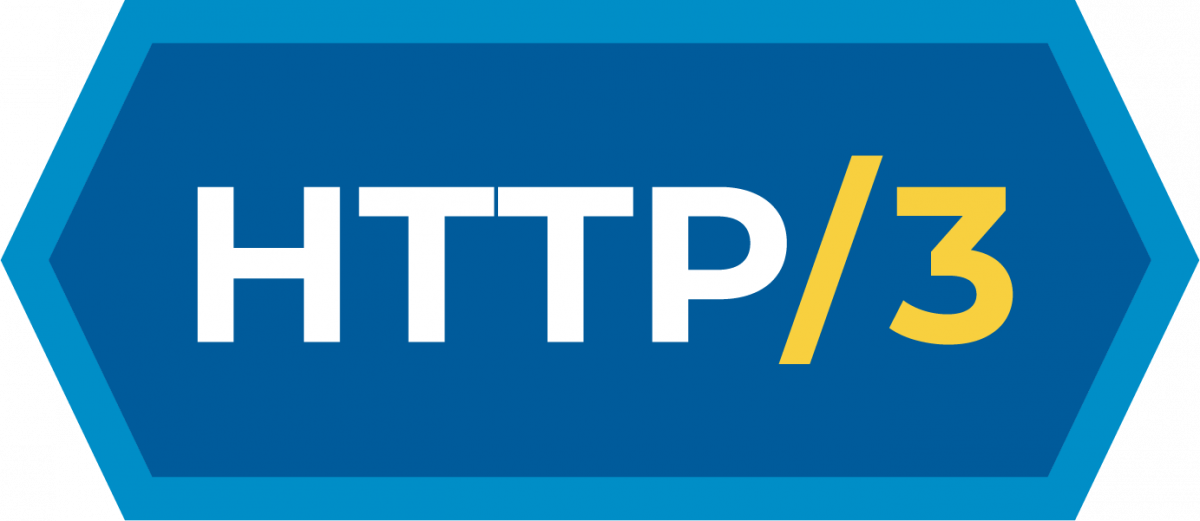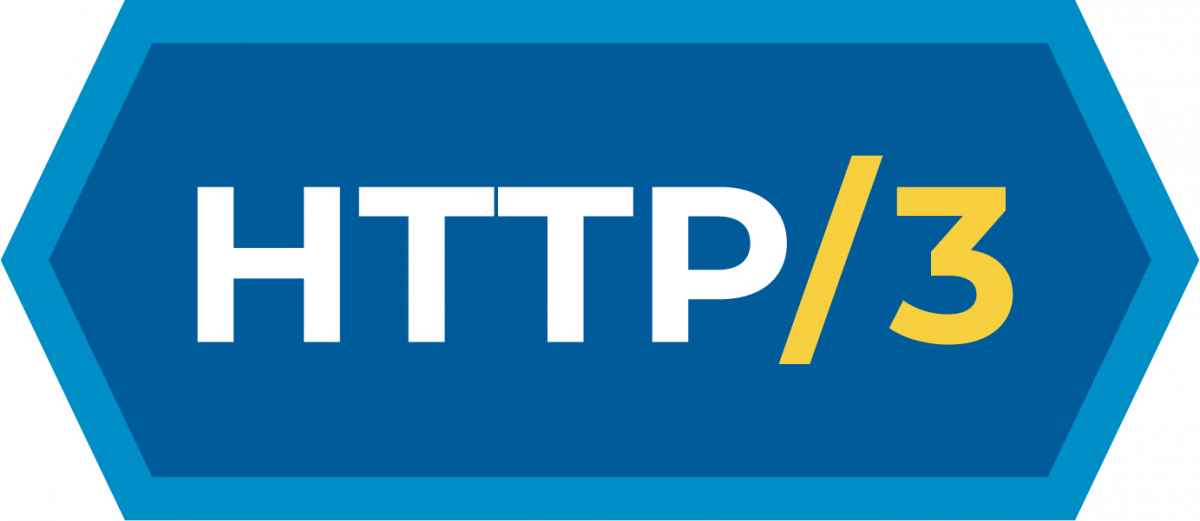
The curl fund sponsors curl development in Q1 2024 . The curl fund consists entirely and only of money donated to the project by companies and individuals.
Thank you sponsors!
These two funded projects are first out in 2024.
Support for OpenSSL’s QUIC API
Designated lead developer: Stefan Eissing
In OpenSSL‘s recent 3.2 release, they introduced support for client-side QUIC. OpenSSL has taken a different API approach than what just about all other TLS libraries have done (including all the OpenSSL forks): they implement a full QUIC stack.
The result is that curl’s QUIC (and by extension HTTP/3) support that already works with three different backends does not work with OpenSSL, but only with the OpenSSL family of forks (BoringSSL, libressl, AWS-LC and quictls), wolfSSL and GnuTLS. Also, OpenSSL just shipped this, while the other TLS libraries have shipped their QUIC APIs for years already.
This design choice of OpenSSL significantly hampers HTTP/3 adoption with curl (and others) since OpenSSL remains the by far most popular TLS library to use with curl.
To improve this situation going forward, Stefan Eiussing will work on adding support for OpenSSL’s QUIC in curl using nghttp3 on top. Experience from other QUIC libraries says that they usually don’t have all the methods we need on their first attempt, and since this is OpenSSL’s first attempt and nobody from them has asked us for feedback, we expect a high risk of at least minor problems. Finding those issues earlier is better than later, in case we need to work with the OpenSSL team to improve things.

Ideally, no major problems are identified and we have HTTP/3 support with OpenSSL in official curl builds later in the year.
Refactoring the HTTP Handler
Designated lead developer: Stefan Eissing
The second half of Stefan’s assignment is to work on generally improving the state of HTTP and handling the different HTTP versions in the libcurl source code.
We want to make curl’s HTTP handler focus on generic HTTP processing of requests and responses only and separate the serialization on the wire into version specific parts. This puts HTTP 1.x, 2 and 3 implementations on par with each other. Other 1.x implementations can then be configured in (e.g. the Rust based “hyper” module) without needing to replace the core HTTP handling of curl.
Completion
Stefan has already started. We expect and hope these two projects to be mostly done and landed by the end of Q1 2024. Stefan has an established presence in the project and has already previously done lots of good development work. We are in good hands with Stefan behind the wheel for this.
I personally will of course assist, help out, review, participate in design decisions and generally cheer on, while continuing to do my regular “chores” and curl work: security, releases, maintenance, customer and user support for example.
